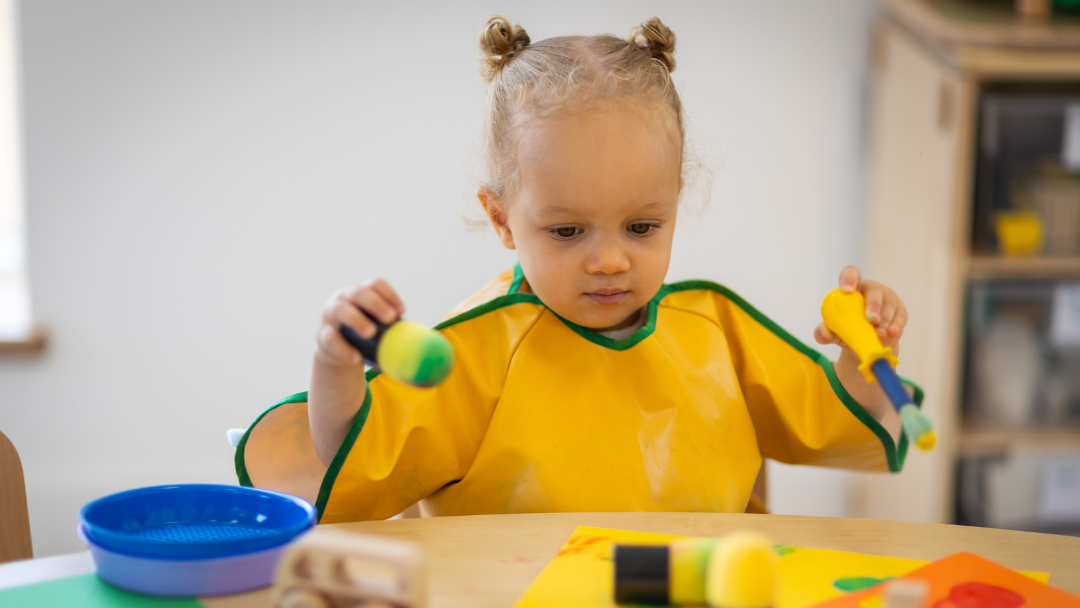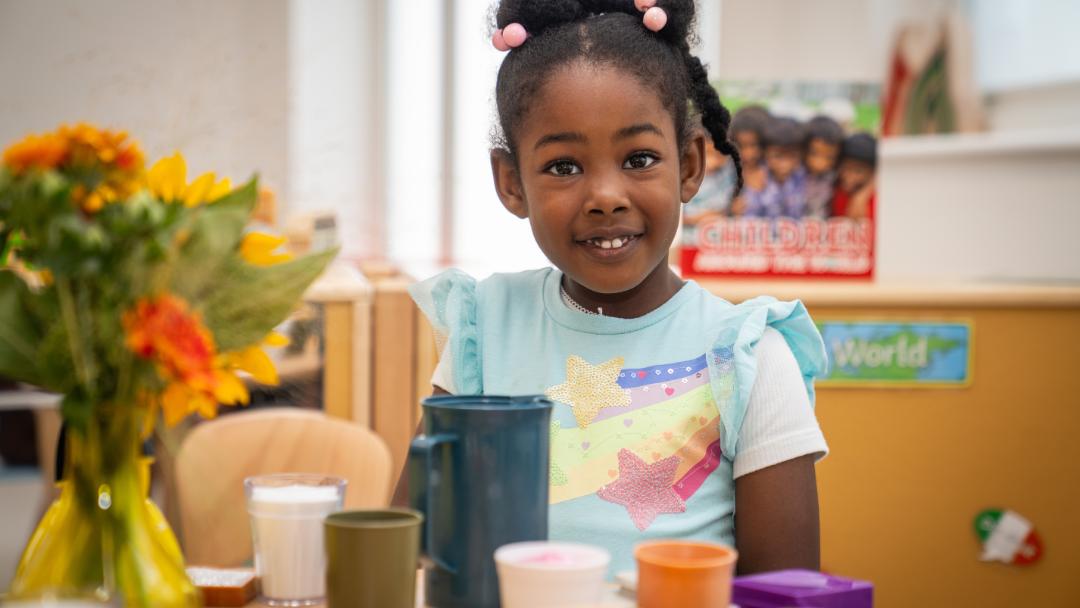My name is Paula, and I play an integral role in offering support to children with additional needs or those learning English as an Additional Language (EAL). I play a key role in enhancing our team’s understanding of both SENDCO and EAL empowering us to provide the best possible care across all 24 of our nurseries.
“I want to go to school, but I feel scared… because my friends won’t be there, and I’ll be alone.” This is what my 4 year old daughter said to me recently.
We often picture the first day of school as a joyful milestone. Smart new uniforms, smiling photos at the front door and proud parents waving goodbye. Yet for many children, this transition is accompanied by something far less photogenic. Fears. Tears at bedtime. Restless nights. Sudden clinginess, or words like “I don’t want to go” are all signs of a child trying to process a big change.
Why Emotions Matter In The Early Years
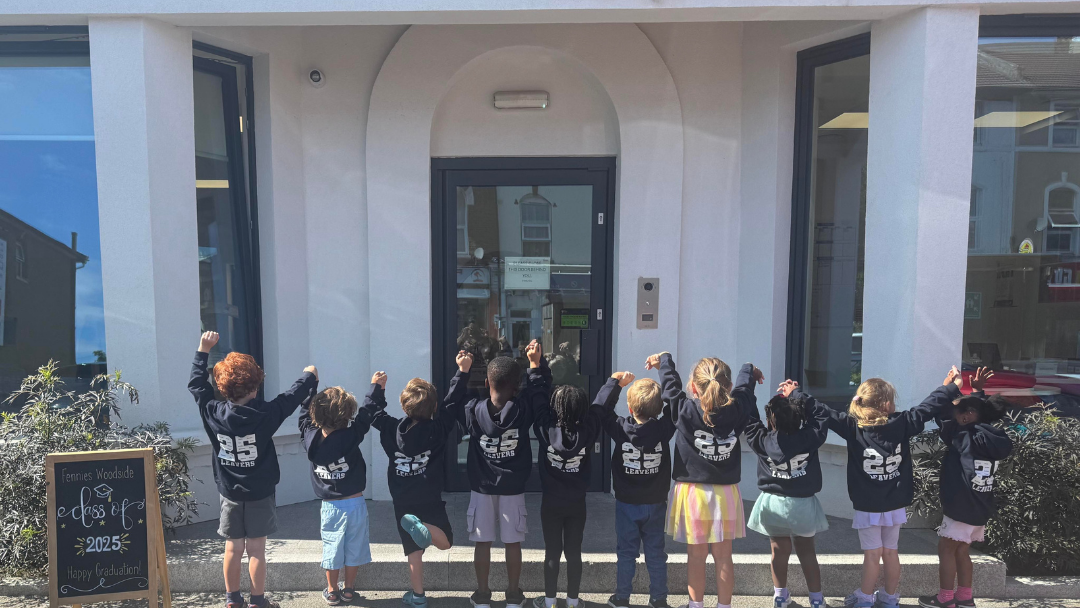
From birth to five, children are laying the foundations of who they will become. In these Early Years, emotional development should not be considered an “extra”. It is central to how children learn, relate to others and feel about themselves.
Neuroscience tells us that the brain’s emotional centres are tightly connected to memory and learning. When children feel emotionally safe, they are more open to curiosity and exploration. When emotions are ignored or minimised, the brain can switch into survival mode. “Fight. Flight or Freeze”. This unfortunately can lead to closing the door on learning opportunities.
That’s why our role as parents and educators is not to make fear disappear, but to help children recognise, name and manage it. Saying things like “Don’t worry,” “You’ll be fine,” or “Stop crying” might come from a place of love, but it sends the message that the emotion itself is wrong or needs to be hidden. Instead, children need us to pause, acknowledge what they are feeling and walk with them through it. Fear, after all, is part of being human. It is not a weakness. It is an emotion to be understood.
How Fear May Appear Before Starting School
Children often do not have the vocabulary to say “I feel anxious about change.” Instead, fear might show itself through:
- Frequent nightmares or restless sleep
- Irritability or sudden outbursts
- Reluctance to separate from parents
- Physical complaints such as tummy aches
- Quiet withdrawal or repeated statements like “I don’t want to go”
Recognising these signs allows us to respond with empathy rather than frustration.
How Parents Can Support Their Child And Themselves

As parents, we also carry our own bundle of worries when our child starts school. Will they eat their lunch? Will they make friends? Will someone comfort them if they cry? These are natural fears, and in fact, the rituals we create with our children often help us manage our emotions as much as theirs.
Here are some practical strategies that can support both children and families in the weeks leading up to school and on that important first day:
- Name And Validate Emotions
When your child expresses worry, pause and acknowledge it. “This is fear. It’s normal to feel scared when something is new.” Naming the feeling takes away some of its power and shows your child that emotions are not to be hidden, but understood.
- Share Your Own Stories
Children feel more secure when they know we have felt the same. I have shown my daughter photos of my first day at school, telling her that I was excited about my new shoes, but also frightened because I didn’t know anyone. When children hear that even adults feel fear, they realise they are not alone.
- Create Rituals Of Preparation
Drawing pictures of the classroom, visiting the school’s website, or walking past the building together can all make the unfamiliar feel more familiar. These rituals reassure children – and they reassure us too.
- Use Role-Play To Explore Scenarios
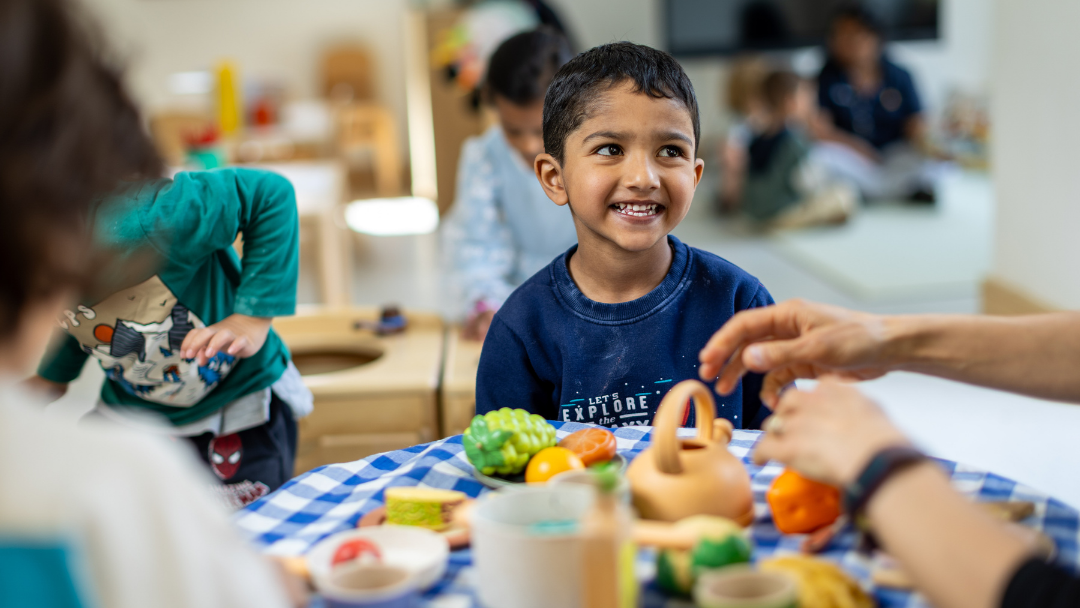
At home, we imagine situations together: “What if Daddy had to go to a new office and didn’t know anyone? He could introduce himself, ask a colleague about their work, or join someone at lunch.” When children role-play, they practice strategies they can use in real life.
- Remind Them Of Past Courage
Fear feels overwhelming in the moment, but reminding children of times they faced something new and managed it can build confidence. With my daughter, I talk about when she started a weekend class without knowing anyone, and how she eventually made friends.
- Positive Self-Talk And Encouragement
Help your child practice simple phrases: “I can do this,” “I will meet new friends,” or “If I feel scared, I can talk to my teacher.” Confidence grows when children hear supportive words, especially from themselves.
- Build A Calm Goodbye Routine
A short, consistent ritual like a special handshake, a deep breath together, or a reassuring phrase can ease separation. Avoid long goodbyes, but make sure your child knows when and where you’ll be there to collect them.
- Look After Your Own Emotions Too
Children sense our feelings. If we are anxious, they often mirror it. Take time to acknowledge your own worries, perhaps sharing them with another parent, so that your child sees confidence and calm in you.
What Is The Importance Of Emotional Preparation

Emotional preparation is just as important as learning to count or write their name. By helping children to recognise, name and manage fear, we give them lifelong tools for resilience, empathy and confidence.
As both a professional in Early Years and a mother whose daughter is about to begin school, I know how powerful it is to validate all emotions, not just the happy ones. Our children do not need us to remove their fears. They need us to sit beside them and remind them that they are never alone in feeling them.
Emotions are the building blocks of how children understand their world, form relationships and develop confidence. Fear is not a failure, it’s a signal that something matters to them. When we accompany our children through that uncertainty we’re giving them more than comfort. We’re teaching them resilience.
Final Thoughts
As the pioneering developmental psychologist William E. Blatz reminded us, children need a secure base because it acts as a foundation of safety and emotional connection. Therefore, giving them “the courage to explore, take risks, learn and eventually develop trust in themselves.”
In doing so, we do more than help them through the first day of school, we give them tools for life. We help them learn that courage isn’t the absence of fear, but the willingness to step forward in spite of it.
Because when children feel seen, heard and supported, fear becomes not a barrier to learning, but a bridge toward growth.
FAQ
Subscribe to our newsletter
Stay up to date with Fennies news


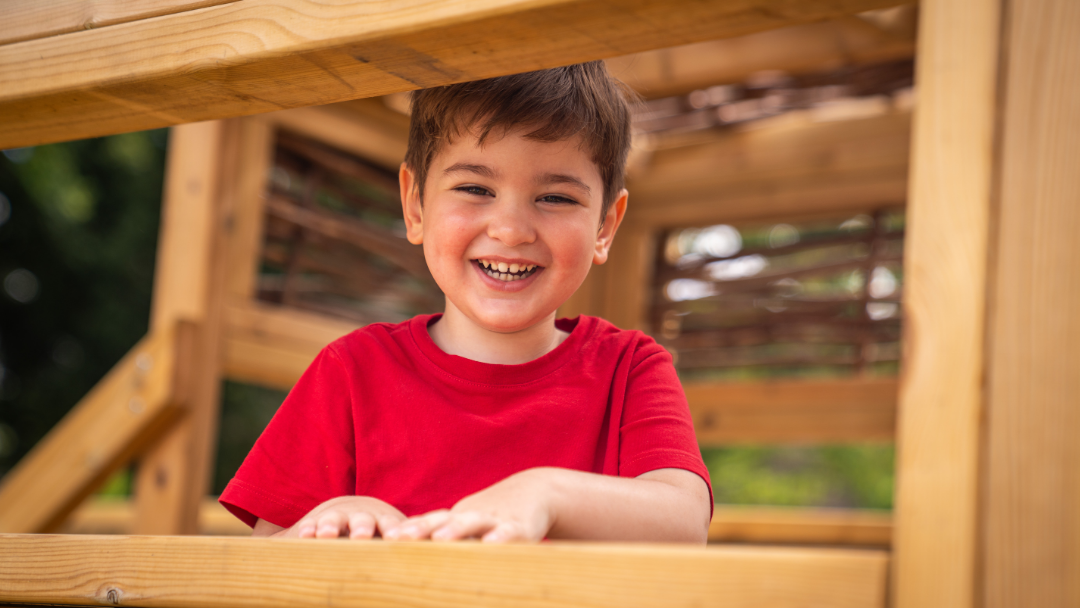

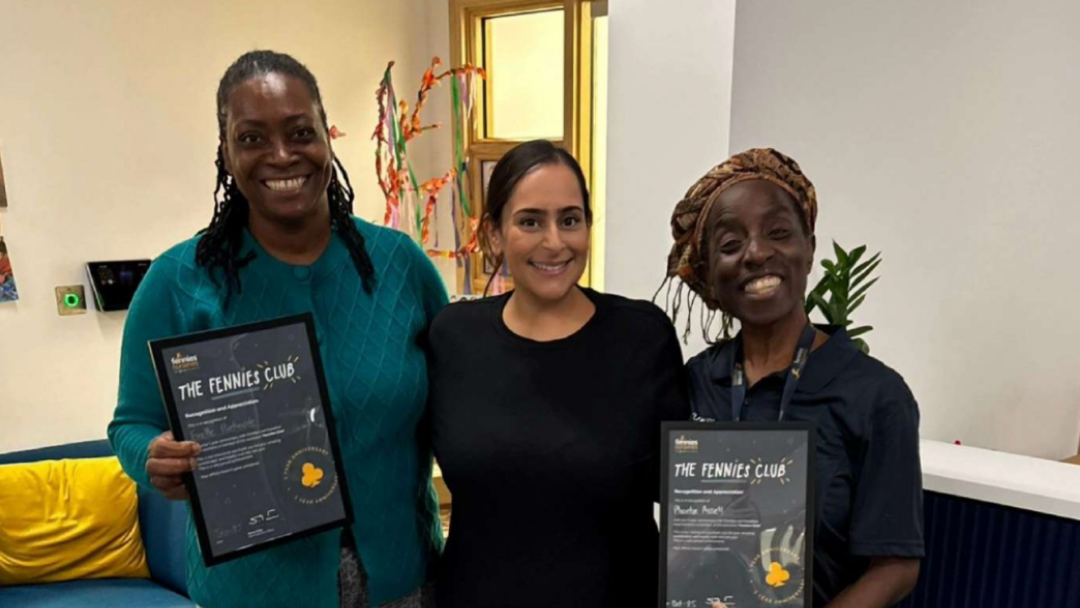

.png)
